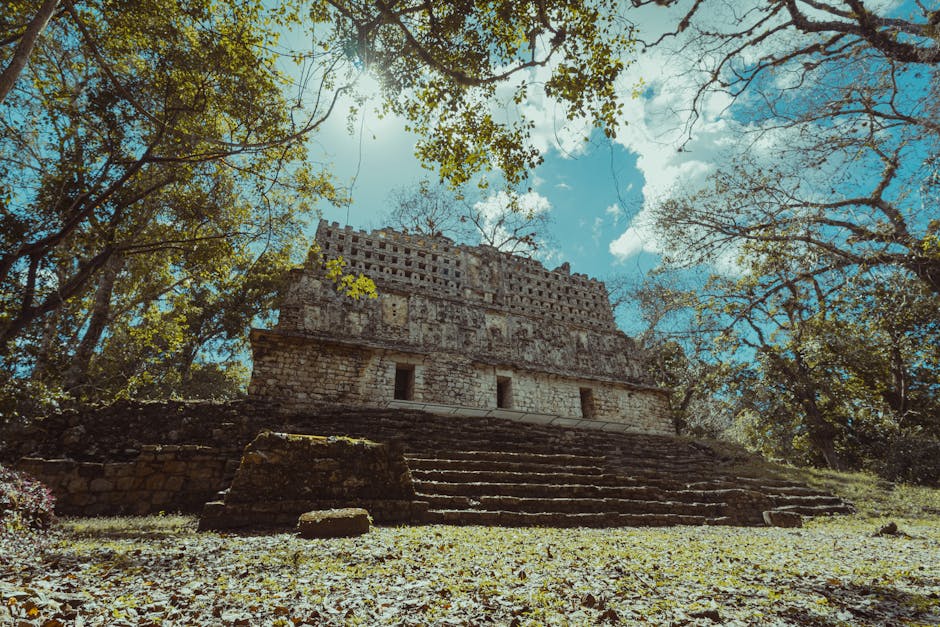A primary ethical concern centers on the treatment of human remains. Discoveries of burials and skeletal material present archaeologists with a profound responsibility. Past practices, often characterized by a lack of sensitivity, involved the removal and often destructive analysis of human remains without consideration for their cultural significance or the potential distress caused to descendant communities. Modern ethical guidelines strongly emphasize the need for consultation with indigenous groups and descendant communities whenever possible, ensuring their perspectives inform decisions regarding the treatment, analysis, and repatriation of ancestral remains. This collaborative approach acknowledges the inherent spiritual and cultural value placed on ancestors by many societies, moving beyond a purely scientific approach. The development of Indigenous-led archaeology, where indigenous communities themselves take the lead in research and management of their own heritage sites is becoming crucial in this regard.
Another significant ethical challenge relates to the ownership and control of archaeological artifacts. Questions surrounding the legitimacy of collecting, trade, and ownership of antiquities are intensely debated. The illicit antiquities trade, fueled by profit motives, poses a substantial threat to cultural heritage. Looted artifacts often lack proper context, rendering them scientifically less valuable while simultaneously undermining the cultural heritage of the communities from which they originated. Ethical archaeologists advocate for strict regulations governing the excavation, import, export, and sale of artifacts, emphasizing the need for provenance documentation and the repatriation of artifacts to their rightful owners, particularly to communities that have a clear and demonstrably enduring cultural connection with these objects. This involves active participation in initiatives aimed at combating the illegal antiquities trade, working with law enforcement agencies and international organizations to prevent the theft and destruction of cultural heritage.
The issue of representation and interpretation in archaeology also presents complex ethical considerations. Traditional narratives often reflected biases stemming from the cultural perspectives of the archaeologists themselves. This led to skewed interpretations that reinforced colonial narratives and perpetuated stereotypes. Contemporary archaeology recognizes the importance of diversity in both research teams and interpretative frameworks. It seeks to challenge Eurocentric perspectives, to incorporate indigenous voices and perspectives, and to avoid perpetuating harmful stereotypes. Archaeological research must actively strive for inclusivity, ensuring that all stakeholders have a voice in the interpretation and presentation of the past. This requires considering power dynamics and working to address biases in research questions, methodologies, and dissemination strategies.
Furthermore, public engagement and the dissemination of archaeological knowledge pose specific ethical responsibilities. The way in which archaeological discoveries are communicated to the public can significantly influence public perceptions and understandings of the past. Archaeologists have a duty to present information accurately, avoiding sensationalism and responsible interpretation, avoiding language which reinforces harmful stereotypes. Accessibility to archaeological information is also a crucial consideration. Efforts should be made to engage a broad range of audiences, including marginalized communities and those with limited access to information, thereby ensuring that archaeological knowledge benefits society as a whole, and serves to promote a richer, more nuanced understanding of the past. This includes actively addressing the biases that may be present in existing museum collections and archaeological displays, ensuring diverse representation and inclusive interpretations.
The long-term preservation of archaeological sites and landscapes constitutes another central ethical dimension. Balancing the needs of scientific investigation with the preservation of heritage for future generations is a constant challenge. Destructive excavation practices, while sometimes necessary for scientific research, must be carefully justified and minimized. Non-destructive techniques, such as ground-penetrating radar and LiDAR, are increasingly employed, reducing the impact on the archaeological record. Strategies for long-term site management and preservation, including protective measures and public awareness campaigns, should form an integral part of any archaeological project. The impact of climate change on archaeological sites needs to be fully considered, with proactive measures taken to mitigate risks and secure the long-term preservation of these invaluable resources for future generations.
Finally, funding and the impact of commercial interests within archaeology present complex ethical issues. Research projects often require funding from various sources, which can potentially influence research agendas and interpretations. Ethical conduct demands transparency in funding sources and avoidance of conflicts of interest. Similar ethical considerations apply to collaborations with commercial entities, ensuring that commercial interests do not compromise the integrity of research and the proper management and stewardship of cultural heritage. The exploration of ethical and responsible tourism models is also vital to minimize the environmental and social impact of tourism on archaeological sites and communities.
In conclusion, ethical considerations in archaeology are not merely peripheral concerns; they are fundamental principles that underpin the legitimacy and integrity of the discipline. A commitment to ethical conduct is essential for ensuring that archaeology contributes to a more just and equitable understanding of the past, fosters respect for cultural heritage, and promotes the sustainable management of archaeological resources for future generations. The continued evolution of ethical guidelines and best practices, guided by open dialogue, collaboration, and a deep respect for diverse perspectives, will be crucial for navigating the complex challenges posed by this fascinating and ever-evolving field.
